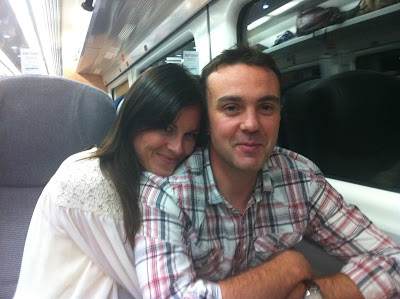One of the best aspects of the work I’m doing at the moment is the people it lets me meet. I suppose down the years I’ve come to like healthcare professionals – you have to if you’re going to stick with the utter frustration of this field for as long as I have.
Recently I’ve been working closely with a wide range of people around Luton, where I live, and where coincidentally the company won a major contract recently. It means working with managers and with General Practitioners and with GP Practice staff. They differ from each other in their intensity, their seriousness, their charm, their smiles, but they’re all bound together by being utterly, though politely, demanding of the system I’m putting in. Each constantly challenges me to give of my best. And none of them is dull.
One of the practices rejoices in the name ‘Lakeside’ in the NHS list. A lovely idea, wouldn’t you agree? One imagines that the front gives onto a pleasant semi-rural street – this is Luton, let’s remember, we don’t do fully rural – while the back gives onto a short stretch of grassy bank down to a patch of blue water with rushes on this side, willows on the other, swans on the water, a stream bubbling in at one end and trickling sedately out at the other.
Kath, the practice manager, is a real pleasure to work with: she combines enthusiasm and effectiveness, while contriving at the same time to be warm-hearted and cheerful. It's a great spur to doing all I can to hone the system to her and her colleagues’ requirements.
The other day I told her about the mental picture the name of the practice conjured up.
‘Yes,’ she said, I felt a little wryly, ‘that would be nice.’
When I got there I discovered that the view wasn’t quite as I’d imagined it. The front does indeed give on to a quiet side road. The back gives on to a car park.
‘Not quite as I’d expected,’ I told her.
‘No,’ she nodded, ‘there was a temp working at NHS Luton when the names of the practices had to be registered with the NHS. She put ours in as Lakeside. I’ve been trying for years to get the error corrected. This practice is actually called Larkside. But there seems to be no way of getting the records changed.’
I glanced out of the window. There may have been a lark somewhere in the vicinity but not that I could see.
 |
Wardown Park: there is a lake in Luton.
But nowhere near Larkside |
‘Parkside might have been better,’ I thought, ‘or even Carparkside.’ But I didn’t say it. It wouldn’t have been fair.













